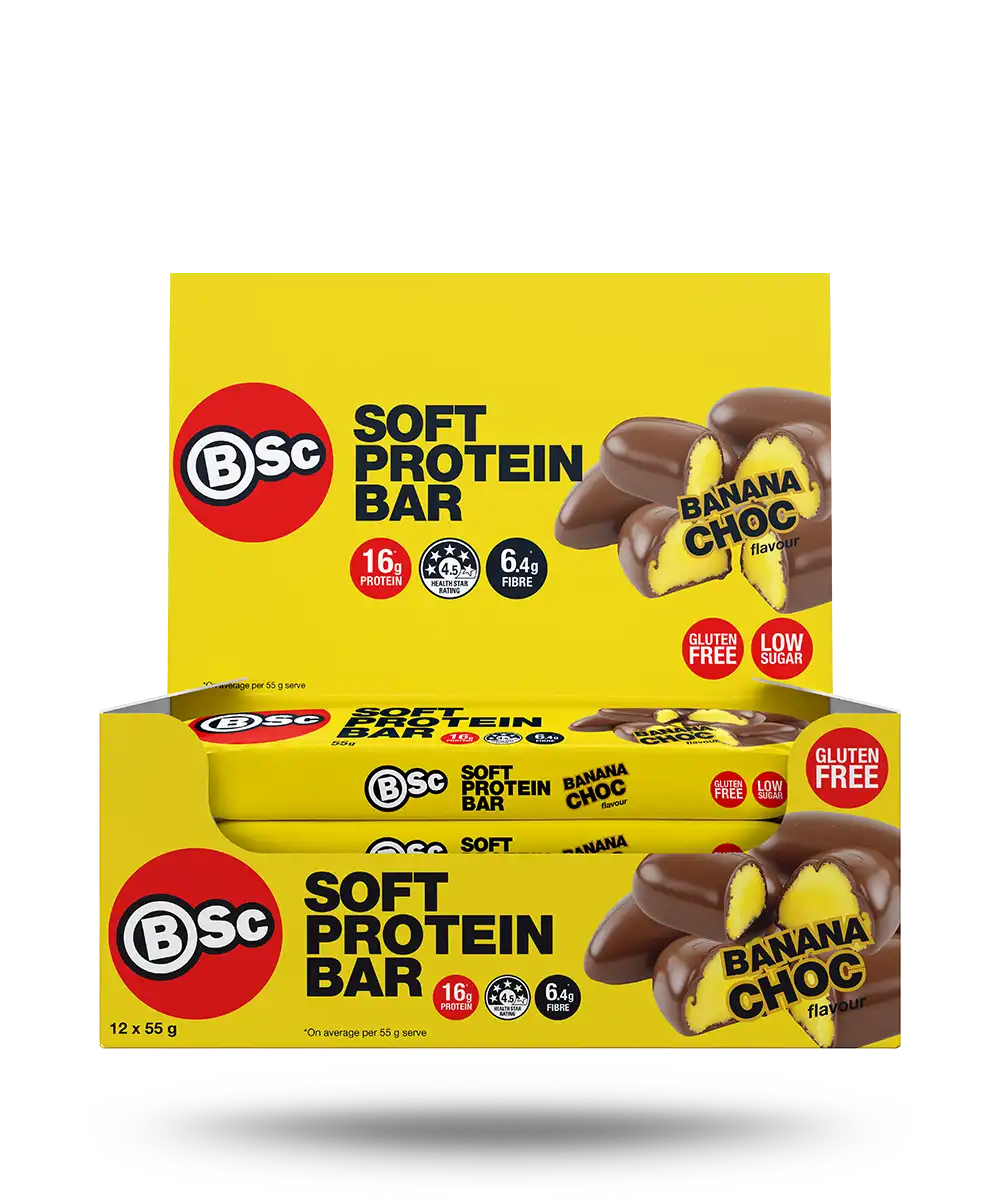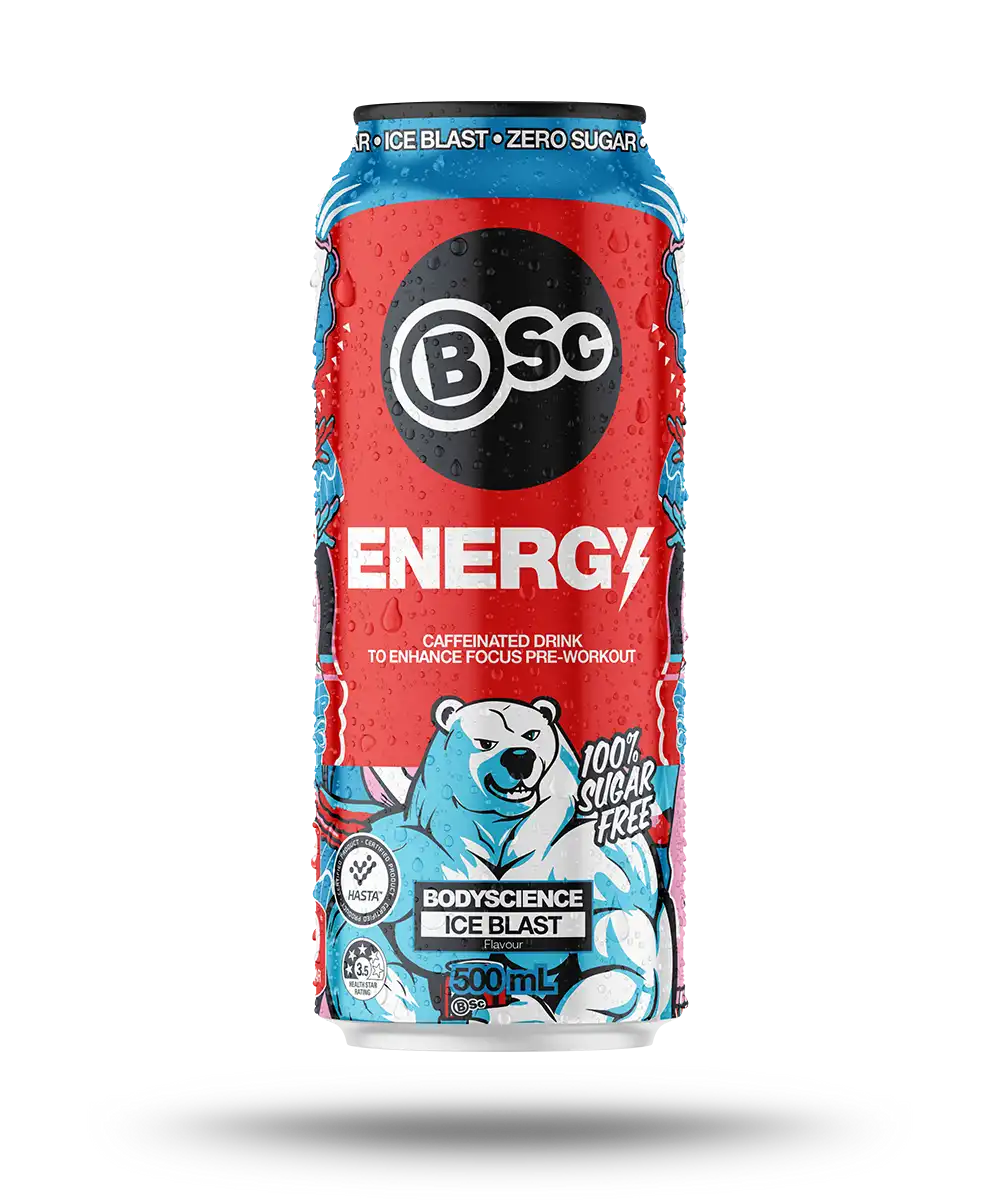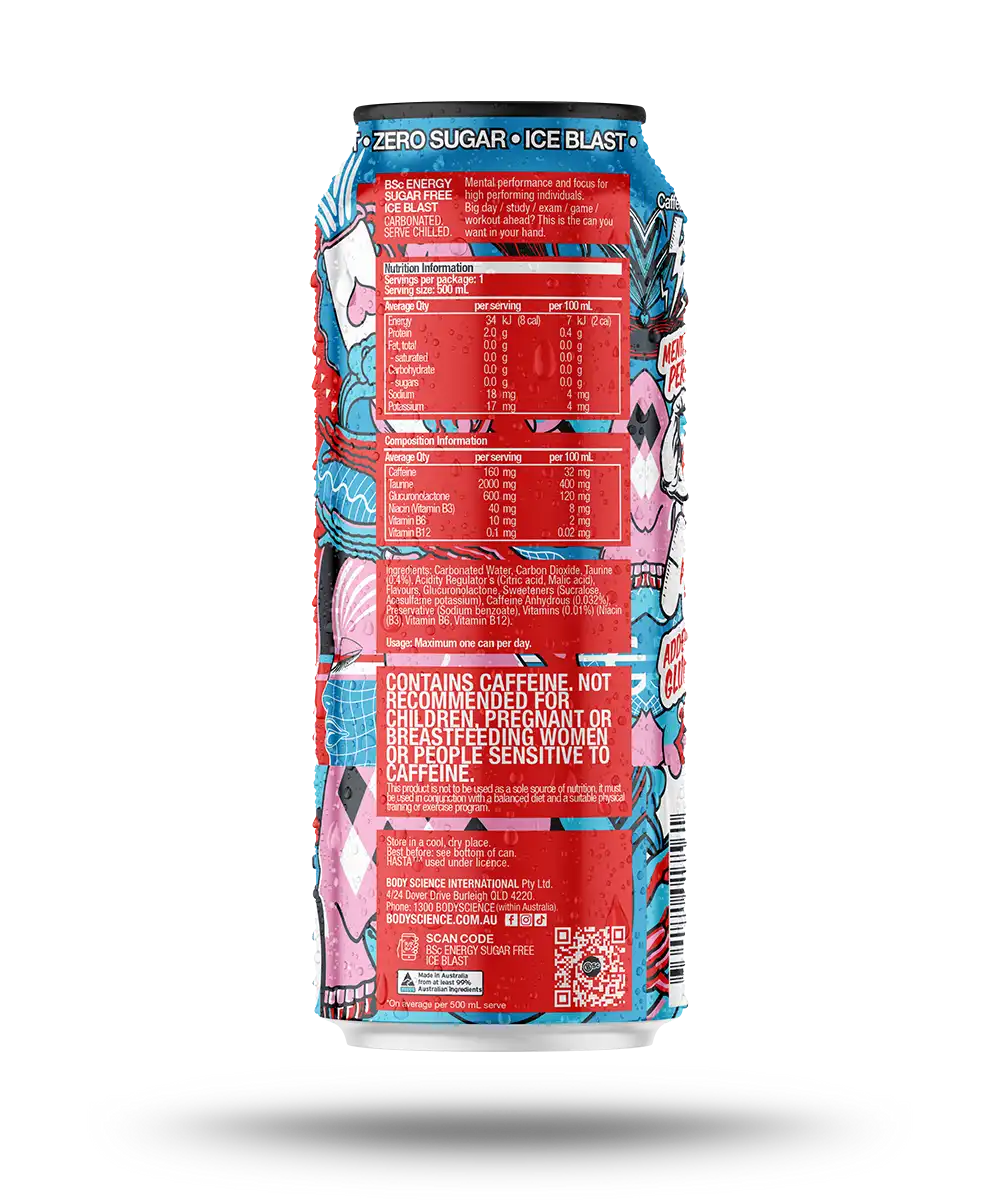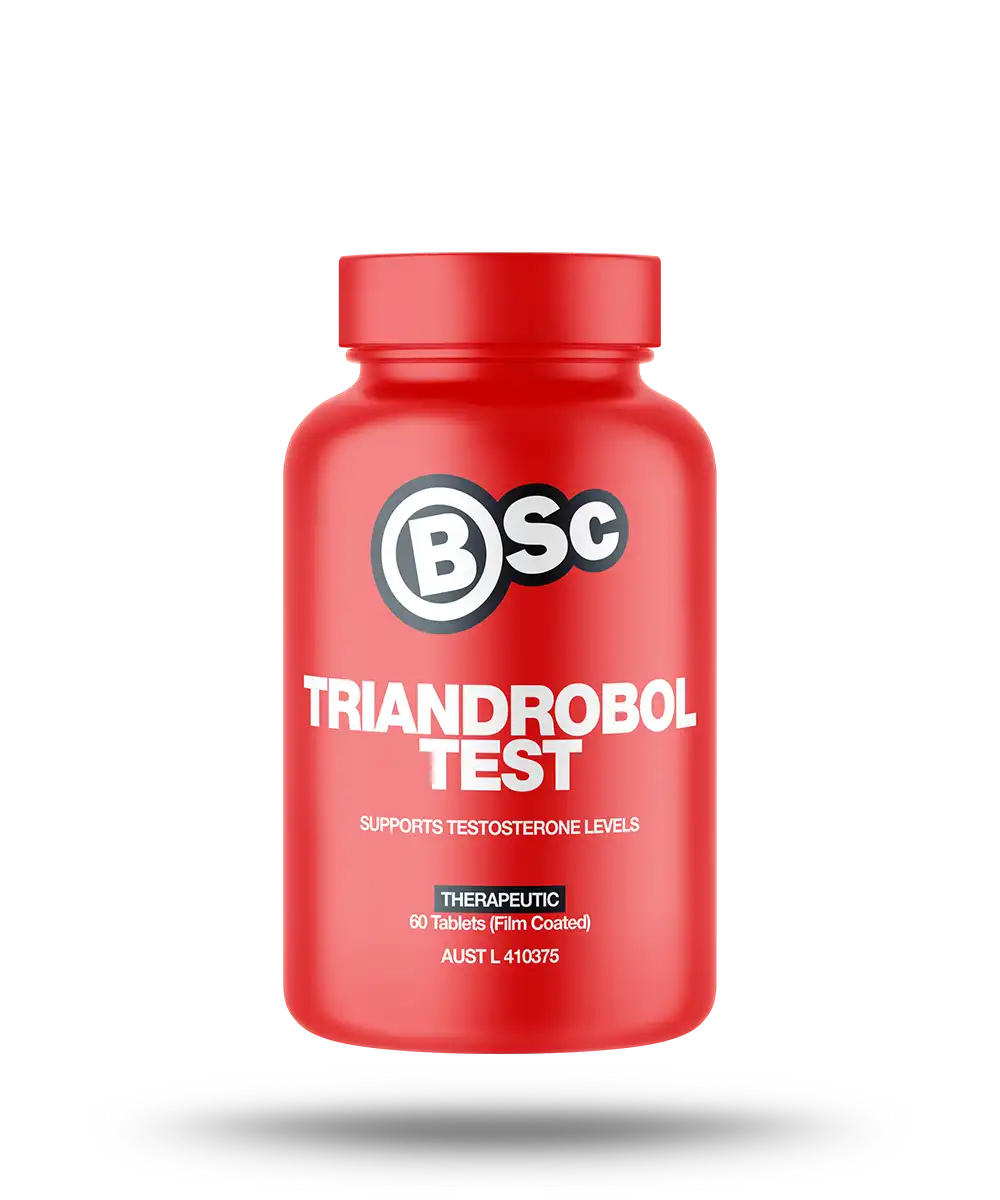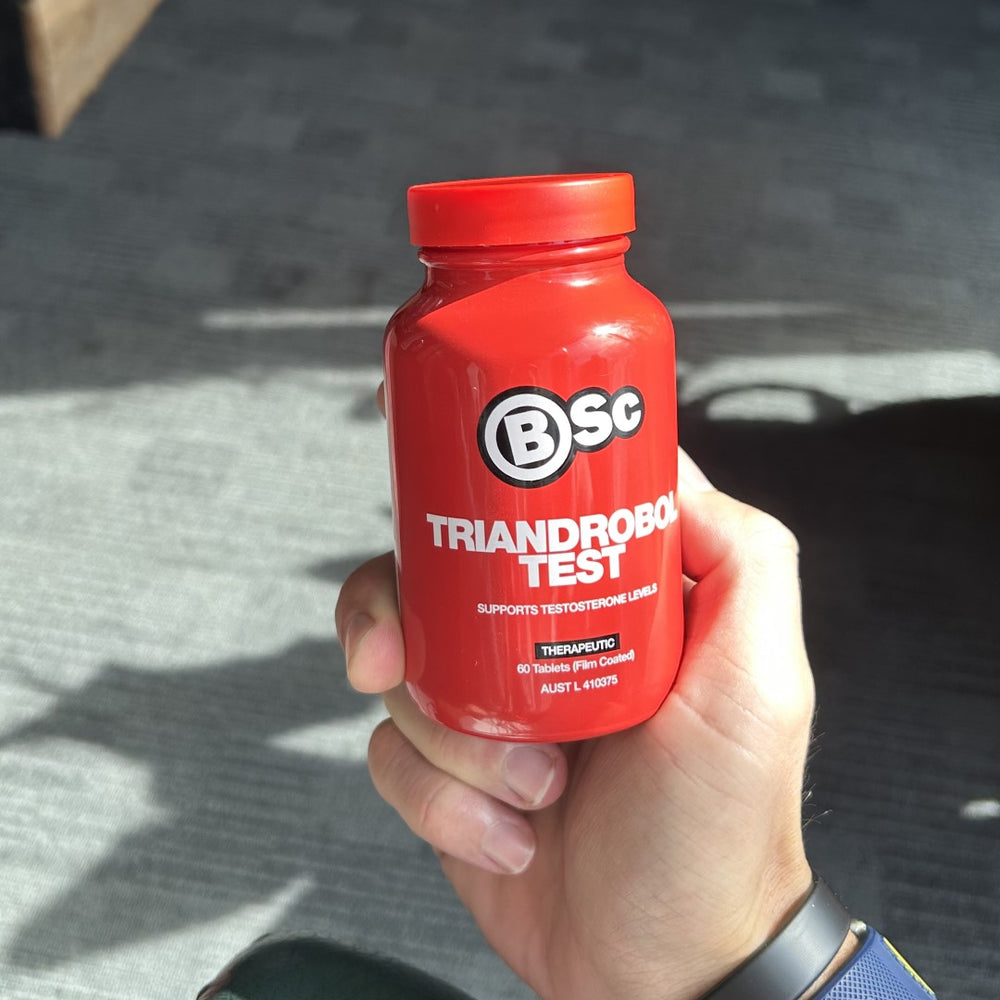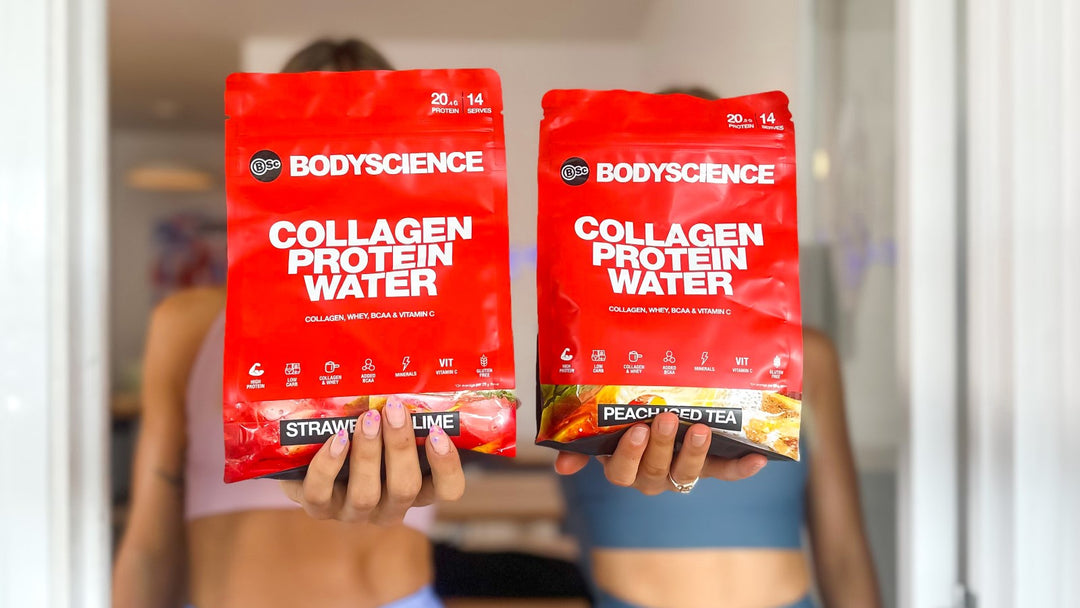Collagen peptides have taken the health and beauty world by storm in recent years. These supplements promise a multitude of benefits, from youthful skin to joint pain relief.
But what's the truth about collagen peptide supplements? Do they live up to the hype?
In this article, we'll delve into the science behind these wondrous bioactive compounds and separate fact from fiction.
What are collagen peptides?
Before we get into the truth about collagen peptides, let’s first recap what collagen is.
Collagen is the most abundant protein in our bodies. It makes up our skin, hair, nails, tendons, ligaments, and even our bones. It acts as a structural framework, providing strength and support to various tissues.
Collagen peptides, aka hydrolysed collagen or collagen hydrolysate, are a type of collagen protein that has undergone a process called hydrolysis. This process breaks down larger collagen molecules into smaller, more easily absorbed peptides.
Collagen peptides are popular supplements. They’re even added to foods and beverages for their potential health benefits.
The Truths and Myths Around Collagen

Myth 1: “You’re too young for collagen supplements.”
You may have heard this and wondered, “what is a good age to start taking collagen?”
Our collagen stores start to deplete as early as our mid-twenties. The body’s collagen production peaks in early adulthood and then dwindles at a typical rate of one percent per year. This decline rate can double for women post-menopause.
It’s advisable to protect our existing collagen from damage, particularly when we’re young, to slow down its depletion.
Why? Because collagen is a fundamental protein in our bodies. It plays a crucial role in maintaining skin elasticity, joint health, and overall youthful appearance.

However, protecting our collagen stores at this age can be challenging. It’s at this stage in life that our skin becomes more exposed to lifestyle factors that contribute to premature ageing. These include stress, a high-sugar diet, pollution, and UV exposure.
Women aren’t the only ones who should protect their collagen stores. That’s right, men; keep reading.
Studies have confirmed that, particularly in the case of skin elasticity, the skin properties between men and women are comparable. Men even experience deeper facial wrinkles.
There's no time like the present for top-quality collagen supplements to give your body the extra TLC it needs.
Myth 2: “We get plenty of collagen from our diet; we don’t need supplements.”
Many people believe this so-called truth about collagen. However, it appears that even the most well-balanced diet might still be lacking in collagen.
In an attempt to reduce fat intake, many often look for lean cuts, remove the skin from fish and chicken, or avoid offal and the tougher cuts of meat. As a result, this reduces collagen intake.
Physically active individuals are even more at risk of not getting enough collagen in their diet. This is because a higher connective tissue turnover further increases nutritional needs. This is why active individuals are strongly advised to use collagen supplements.
Myth 3: “Collagen supplements don’t work, period.”
Numerous scientific studies have explored the effects of collagen supplementation on various aspects of health.
While results can vary, several well-designed studies have shown positive outcomes. For example, a study found that women who took collagen supplements experienced better skin health. Other research has suggested benefits for joint health and bone density.
Here’s the truth about collagen supplements: they’re often formulated as collagen peptides or hydrolysed collagen, which are broken down into smaller, more easily absorbed molecules. This enhances their bioavailability, ensuring the body can efficiently utilise the collagen.
Many individuals who have added collagen supplements to their daily routines report positive experiences and results.

So, why bioactive collagen peptides?
People reach for bioactive collagen peptides because they aren't a single substance.
Imagine collagen peptides as a bunch of tiny building blocks that come from collagen. These building blocks can be different in shape and size, kind of like how there are different types of fatty acids within omega-3s.
Now, here's the catch: whether or not these collagen building blocks are good for your health depends on whether they contain specific beneficial sequences. It's a bit like having different keys for different locks.
For instance, VERISOL® is like a key that's guaranteed to fit a particular lock related to making your skin cells work better. On the other hand, FORTIGEL® is like a key that fits a different lock related to keeping your joints healthy.
The problem is that many people don’t know the truth about collagen supplements and how they work because not all of them have these beneficial sequences.
So, whether collagen supplements work or not can vary from one product to another. It's a bit like trying to open doors with keys that may or may not fit. This explains why there's so much debate and confusion about these supplements.
That’s the truth about collagen supplements
Now that you know the truth about collagen peptide supplements, remember the quest for optimal health is a personal journey.
However, like any journey, the path to reaping these benefits begins with knowledge. As you navigate the landscape of products and claims, remember to consult with healthcare professionals when needed and opt for reputable brands.
Ultimately, everyone’s experience with collagen supplements is different. Embrace this opportunity to unlock the potential of collagen's wonders.
In our opinion, collagen supplements are worth all the hype. Try our range of Collection of collagen proteins, powders and other supplements for results worth posting about.
